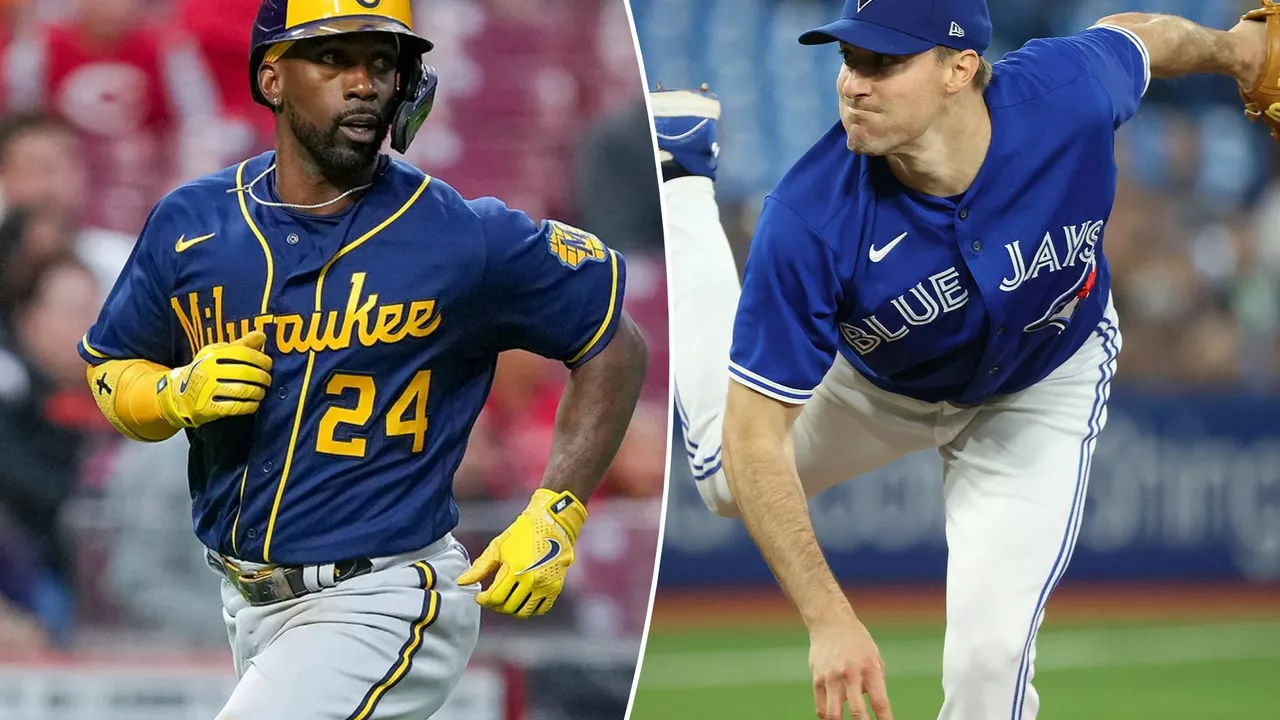Welcome to the Sports and Recreation Hub
Hey there, sports fan! You’ve landed on the spot where every game, every outdoor activity, and every behind‑the‑scenes story gets broken down in plain English. Whether you’re glued to the soccer scoreboard, planning a weekend hike, or just curious about how a baseball agent makes their money, we’ve got you covered. No fluff, just the stuff you actually want to know.
What You’ll Find on This Page
First up, think of this space as your quick‑access library for all things sports and recreation. We post fresh news, practical how‑tos, and deep‑dive articles that explain the numbers behind the excitement. Want the latest transfer rumors? Check the football section. Looking for gear advice for your next bike ride? Scroll down to the recreation tips. We also spotlight the financial side of sports – like contract details, sponsorship deals, and agent fees – so you can see the full picture of what makes the industry tick.
Every piece is written in a relaxed voice, like a friend explaining the game over a coffee. That means you won’t find any jargon that needs a dictionary. If a term pops up you don’t know, we’ll break it down right there, so you stay in the conversation without getting stuck.
MLB Agent Commission Explained
One hot topic that’s been buzzing is how much a baseball agent actually earns from a player’s contract. In plain terms, an MLB agent usually takes between 4% and 5% of the total deal. So, if a star pitcher signs a $10 million contract, the agent’s cut lands somewhere between $400,000 and $500,000.
Why does the percentage vary? It comes down to a few things: the agent’s reputation, how much negotiating power they bring to the table, and the complexity of the contract. A rookie with a modest deal might see the lower end of the range, while a veteran negotiating a massive extension could push the commission toward the higher side.
It’s not just about the money, though. Agents also handle endorsement deals, plan out tax strategies, and make sure the contract’s language protects the player in case of injury or performance drops. That extra work justifies the percentage and explains why teams and players keep paying for those services.
For anyone watching the MLB market, keeping an eye on agent commissions helps you understand why some deals look bigger on paper but end up costing less for the player after fees. It also sheds light on why certain agents command premium fees – they’re not just negotiating salary, they’re shaping an entire financial roadmap for the athlete.
Bottom line: the agent’s cut is a small slice of a big pie, but it covers a lot of behind‑the‑scenes effort. Knowing this percentage helps you see the real value of a contract, especially when you compare deals across seasons or players.
Ready to dig deeper? Browse the rest of the category for more breakdowns on sports finances, training tips, and the latest game recaps. We update regularly, so you’ll always have fresh content to fuel your passion. Got a question or a topic you want us to cover? Drop a comment and we’ll tackle it together. Enjoy the read, and stay in the game!

What percentage of an MLB contract does the agent get?
In the world of Major League Baseball, agents play a key role in negotiating contracts for their player-clients, and they are compensated for it. Typically, an MLB agent can expect to earn between 4% to 5% of the player's contract. This percentage is not fixed and can vary widely, often depending on the agent's reputation, the player's skill level, and the specifics of the contract itself. So, if a player signs a $10 million deal, their agent could pocket anywhere between $400,000 to $500,000. It's a lucrative business, but remember, the agent's job involves a whole lot more than just contract negotiations.